In housekeeping — whether in hotels, hospitals, commercial buildings, or industrial settings — workers face numerous hazards daily. From exposure to chemicals and biohazards to physical strain and slips, housekeeping tasks can be surprisingly high-risk.
This is where Personal Protective Equipment (PPE) becomes essential. PPE forms the first line of defense, safeguarding cleaners from health threats, injuries, and contamination. It also helps maintain hygiene, protects the environment being cleaned, and ensures legal compliance with occupational health and safety standards.
In this post, we explore why PPE is important in housekeeping, the types used, and the role it plays in creating a safe and professional cleaning environment.
What Is PPE in Housekeeping?
Personal Protective Equipment (PPE) in housekeeping refers to specialized gear worn by cleaning staff to minimize exposure to potential workplace hazards such as:
-
Harsh chemicals (disinfectants, bleach, solvents)
-
Blood or bodily fluids (especially in hospitals or hotels)
-
Sharp objects (broken glass, needles, razors)
-
Dust, allergens, and airborne pathogens
-
Wet or slippery floors
-
Electrical equipment
Common types of housekeeping PPE include:
-
Disposable gloves
-
Face masks or respirators
-
Eye protection (goggles or face shields)
-
Aprons or protective clothing
-
Non-slip footwear
-
Head caps or hairnets
-
Earplugs (for loud cleaning equipment)
Why Is PPE Important in Housekeeping?
1. Protection Against Chemical Hazards
Housekeepers regularly use strong cleaning chemicals, including bleach, acid-based cleaners, ammonia, and disinfectants. Improper exposure can lead to:
-
Skin irritation or burns
-
Eye damage from splashes
-
Respiratory issues from fumes
PPE like chemical-resistant gloves, goggles, aprons, and face masks helps prevent chemical burns, inhalation of toxic vapors, and accidental splashes.
2. Prevents Cross-Contamination
In environments such as hospitals, hotels, and food establishments, preventing the spread of germs and pathogens is critical. Cleaners can unknowingly transfer bacteria or viruses from one area to another through clothing or skin contact.
Using disposable gloves, shoe covers, and dedicated uniforms reduces the risk of cross-contamination. Changing gloves between rooms or areas also prevents microbial transfer.
3. Protection From Biohazards
Housekeepers may encounter bodily fluids, used tissues, sanitary products, or medical waste, especially in clinical or hospitality environments.
Biohazard exposure can lead to diseases like Hepatitis B, Hepatitis C, or HIV. PPE such as face shields, disposable gowns, and heavy-duty gloves is critical in these scenarios.
4. Reduces Risk of Injury
Cleaning tasks may involve handling broken glass, sharps, or heavy lifting. Without proper PPE:
-
Workers can get cuts or punctures from sharp objects
-
Slips and falls may occur on wet surfaces
-
Back injuries can result from poor lifting posture
Anti-slip shoes, cut-resistant gloves, and supportive uniforms reduce the chance of physical injuries.
5. Compliance with Health and Safety Regulations
In Kenya and globally, organizations must follow occupational safety standards. Employers have a legal duty to provide PPE and ensure workers are trained in its use.
Some relevant regulatory bodies include:
-
Occupational Safety and Health Act (OSHA – Kenya)
-
NEMA regulations (especially in hospital and hotel waste management)
-
Public Health Act
-
KEBS standards for cleaning chemical handling
Using PPE in housekeeping operations ensures regulatory compliance, avoiding fines, lawsuits, or business closure.
6. Boosts Worker Confidence and Morale
Knowing they are adequately protected, workers feel more confident and motivated to perform their tasks thoroughly. PPE makes staff feel valued and safe, which can improve:
-
Job satisfaction
-
Retention rates
-
Quality of service
7. Maintains Professionalism and Hygiene
PPE also contributes to the professional appearance of housekeeping staff. Clean uniforms, gloves, and masks show clients or customers that cleanliness and hygiene are taken seriously.
In high-end hotels, hospitals, and office buildings, this boosts client trust and brand perception.
Key Types of PPE Used in Housekeeping
| PPE Type | Purpose |
|---|---|
| Disposable Gloves | Protect hands from chemicals, pathogens, and sharp objects |
| Goggles or Face Shields | Prevent eye injury from splashes or dust |
| Face Masks/Respirators | Shield lungs from fumes, dust, and airborne bacteria |
| Aprons or Protective Gowns | Protect clothing and skin from splashes or soiling |
| Non-Slip Safety Shoes | Prevent slips, protect feet from injury |
| Hairnets or Head Caps | Maintain hygiene, especially in kitchens and hospitals |
| Ear Protection | Reduce noise exposure from vacuum cleaners or floor buffers |
Best Practices for PPE Usage in Housekeeping
-
Always Inspect PPE Before Use
Check for tears, holes, or damage in gloves and aprons before every task. -
Use the Right PPE for the Right Task
Not all gloves or masks are created equal — use chemical-resistant gloves when handling harsh cleaners and surgical masks in healthcare settings. -
Train Staff Regularly
Workers should know how to properly wear, remove, clean, and dispose of PPE. -
Change PPE Between Areas
Always replace gloves and shoe covers when moving between clean and dirty areas to prevent contamination. -
Store PPE Properly
Keep PPE in a clean, dry, and designated storage space. Avoid exposure to direct sunlight or chemicals. -
Dispose of PPE Responsibly
Used PPE must be discarded in the correct bin, especially if contaminated with chemicals or biohazards.
PPE in Different Housekeeping Environments
| Environment | Common Hazards | Recommended PPE |
|---|---|---|
| Hospital Cleaning | Blood, body fluids, sharps | Gloves, gowns, face shields, masks, non-slip shoes |
| Hotel Housekeeping | Contaminated linen, chemicals, allergens | Gloves, aprons, masks, slip-resistant shoes |
| Industrial Facilities | Heavy dirt, oil, chemicals, machinery | Industrial gloves, goggles, steel-toe boots, overalls |
| Office Cleaning | Dust, electronics, glass surfaces | Gloves, soft-soled shoes, light aprons |
| School Cleaning | Germs, dust, spilled food | Gloves, masks, non-slip shoes |
Conclusion
PPE is not optional in housekeeping — it’s an essential layer of protection that guards both workers and the environments they clean. From preventing disease transmission to complying with safety laws and maintaining professionalism, PPE ensures that cleaning tasks are performed safely, hygienically, and efficiently.
At Kejani Cleaning Supplies, we stock a wide range of housekeeping PPE including:
✅ Latex and nitrile gloves
✅ Reusable and disposable aprons
✅ Face masks and shields
✅ Anti-slip shoes
✅ Cleaning overalls
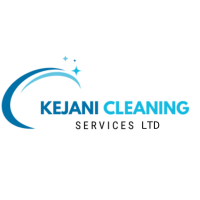
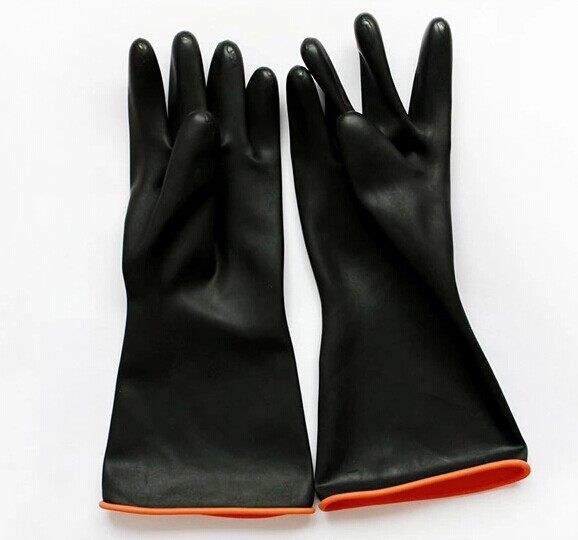
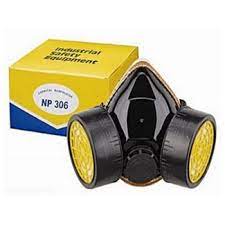
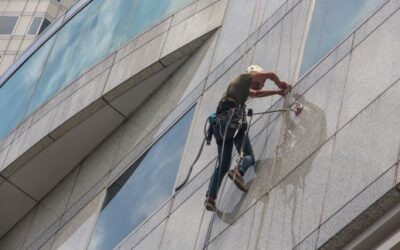
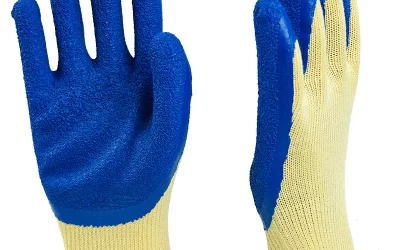
0 Comments